The Devshayani Ekadashi is one of the significant Ekadasis among the 24 Ekadashis which are there in a year. Every year Devshayani Ekadashi falls on the 11th day of Shukla Paksha, which is the fortnight of waxing Moon phase, in the Hindu month of Ashadha (June-July). Devshayani Ekadashi is also called Shayani Ekadashi, Hari Shayani Ekadashi, Devshayani Ashadhi Ekadashi, Padma Ekadashi, Maha Ekadashi and Vaishnava Ekadashi.
Ekadashi Meaning
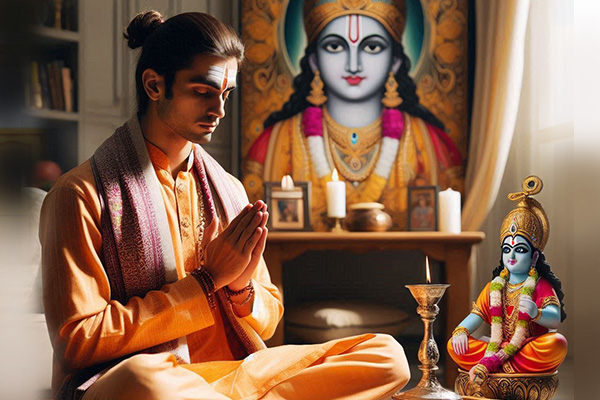
The day of Ekadashi is very significant for the Hindus, as it is a day when devotees observe a strict fast or Vrat and spend the day worshipping and singing praises of Bhagwan Vishnu/Hari. Shri Krishna himself has talked about the merits of observing fast on Ekadashi.
There are two Ekadashis in each month. There are two different cycles of Moon in a month, each of 15 days (about 2 weeks), as per the
Hindu Lunar calendar
. One phase is that of the waxing Moon which is known as 'Shukla Paksha', in which phase the Moon grows (visually) and brightness of the night sky increases every day, and the other phase is that of the waning moon, Krishna Paksha when the brightness of Moon diminishes everyday post the Full Moon. The holy day of Ekadashi falls on the 11th day of Shukla Paksha and Krishna Paksha respectively.
It is said to please Bhagwan Vishnu when devotees fast on this day by following all the rules meticulously and in return the Divine Lord blesses with good health, wealth, prosperity, and all-round happiness. According to the ancient texts both the Ekadashis, whether in Shukla Paksha or Krishna Paksha, are equally holy and auspicious as they have the same Tithi.
What is Ashadhi Ekadashi? Meaning of Devshayani Ekadashi
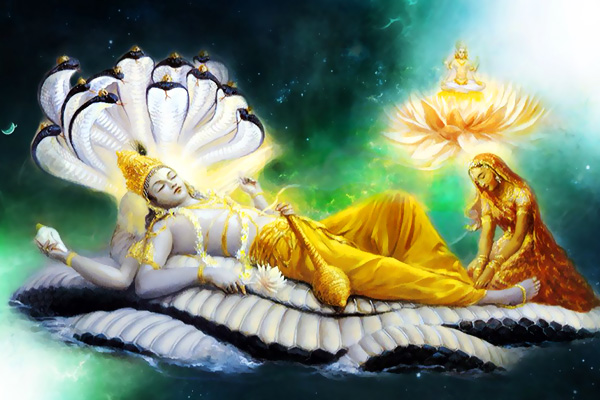
The Devshayani Ekadashi means- 'Dev' means God and 'Shayani' means sleeping, so compounded it means God sleeping. The name Devshayani is apt for this Ekadashi as it is believed that on this day Bhagwan Vishnu goes to sleep in 'Ksheersagar'(the cosmic ocean of milk) on a bed made of His coiled serpent/snake, Sheshnag. From the day of Devshayani Ekadashi, the Supreme God Vishnu is said to sleep for 4 months, which is known as 'Chaturmas' and wakes up in the Hindu month of Kartik (October-November) on Prabodhini Ekadashi/ Devotthani Ekadashi.
Devshayani Gyaras/Ekadashi always comes after the famous Puri Jagannath Rath Yatra which is a cart procession of Prabhu Jagannath (Bhagwan Vishnu's form) in Puri, Orissa (Odisha).
Devotees keep fast on Devshayani Ekadashi starting from Sunrise of the day to the Sunrise of Dwadashi, which is the next day to receive blessings from Bhagwan Vishnu.
Devshayani Ekadashi 2025: Date, Parana Time, & Tithi
Devshayani Ekadashi on Sunday, July 6, 2025
On 7th Jul, Parana Time -
05:29 AM to 08:16 AM
On Parana Day Dwadashi End Moment -
11:10 PM
Ekadashi Tithi Begins -
06:58 PM on Jul 05, 2025
Ekadashi Tithi Ends -
09:14 PM on Jul 06, 2025
What to do on Devshayani Ekadashi (Ashadhi Ekadashi)?
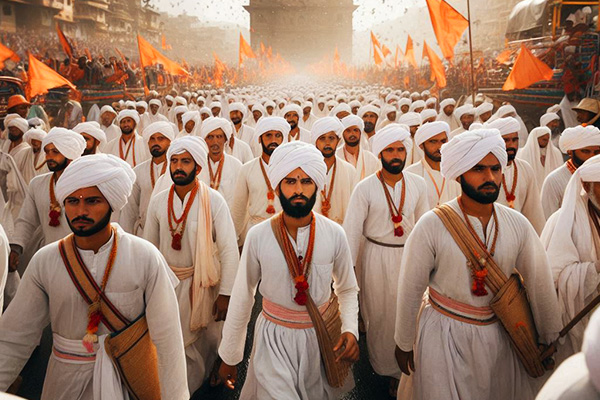
By observing fast on Devshayani Ekadashi sins of the devotee are nullified and the devotee earns the merit to lead a happy, fulfilling life, is liberated, and blessed with a place in the abode of Bhagwan Vishnu after the soul transcends.
Sri Krishna has mentioned that even hearing or reading about the Devshayani Ekadashi or the Vrat Katha washes away the sins of the devotee.
It is very important to pray to Lord Vishnu on this day and also help the needy by performing charitable acts of donating money, food, clothes to the needy. It is also considered very auspicious to do Gau Daan (Cow Donation) and/or feed animals.
Devsahayani Gyaras/Ekadashi is a very significant Ekadashi for all devotees of Bhagwan Vishnu and especially for the Vaishnava community who observe the Devshayani Ekadashi by observing fast/vrat and follow meticulously all other rules of this auspicious Ekadashi.
As per the Hindus, in the Chaturmas ('chatur' means four and 'mas' means months), auspicious occasions, like weddings etc. are not supposed to be held as Sri Hari and the Devas are asleep during these months. The Chaturmas is also the monsoon season in India. Devotees also observe all Ekadashi fasts during the Chaturmas and avoid onion, garlic, grains, and beans during this time.
Another significant religious event is the well-known “Pandharpur Yatra”. Pandharpur in the Maharashtra state of India houses the much revered and famous Bhagwan Vitthala/Vithoba temple, where on the auspicious day of Devshayani Ekadashi thousands of devotees come from all over Maharashtra to offer prayer and respect to Shri Vitthala and Devi Rukmini (consort of Vitthala). The devotees travel in processions, on foot, from various cities and towns for days and the 'yatra' ends when they get to pray to the idol of Vitthala in the Vithoba temple.
Devshayani Ekadashi Puja & Vrat Vidhi:
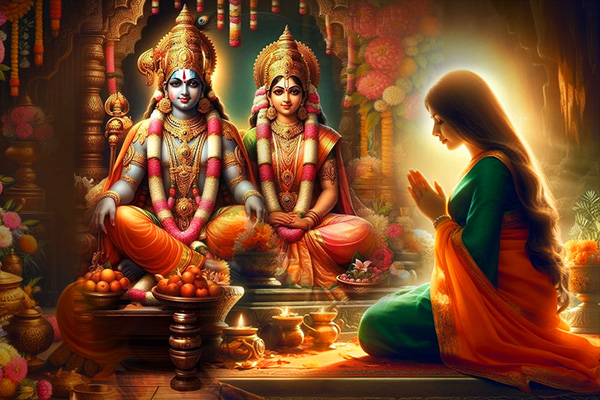
The rituals of Devshayani Ekadashi are specified in the ancient Hindu texts and are said to have been specified by Sri Krishna while answering Yudhishthira's (eldest of Pandava brothers from Mahabharata) query.
On Devshayani Gyaras/Ekadashi visiting a Vishnu-Lakshmi temple is recommended to offer prayers. If that is not possible then worship at home with sincerity and pure intentions.
Bhagwan Vishnu Puja & Devshayani Ekadashi Vrat Vidhi:
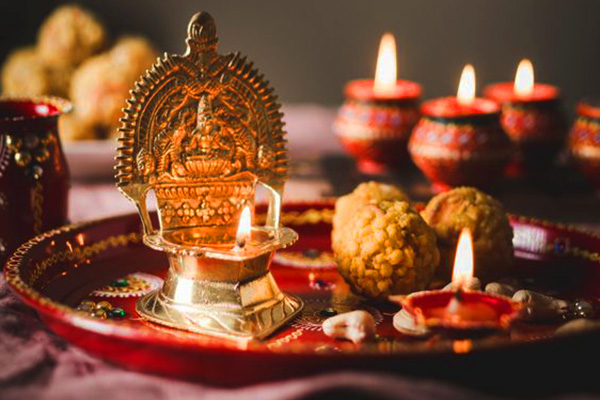
- One day before Devshayani Ekadashi, which is the 10th day of the Krishna Paksha, the person should clean his/her teeth thoroughly in the afternoon and have supper at Sunset hour.
- On the morning of Devshayani Ekadashi, the person should be intent on keeping the fast meticulously. The person should have a bath in a river (which is said to be the most purifying, if not river any water is fine as intentions matter the most) chanting a prayer to Mother Earth.
- The prayer - O Asvakrante! O Rathakrante! O Vishnukrante! O Vasundhare! O Mrttike! (O Mother Earth! please remove all my sins accumulated from past lives so that I may enter the abode of the Bhagwan Vishnu the Supreme Lord)
- Worship Govinda with complete dedication and Offer an excellent 'Bhog' (food to Divine) along with flowers, Sandalwood paste, Tulsi leaves, dhoop and other things of the offering.
- Light a Ghee lamp at home in honour of the God.
- Chant or sing praises of Bhagwan Vishnu throughout the day and remain in a most blissful state during the fast.
- Stay awake through the night in full consciousness. If possible, play musical instruments throughout the night to please the Lord.
- The next morning the person should give charity to Brahmanas and respectfully ask them for forgiveness for any offence.
- For people who keep a complete fast till the next day, one should say the prayer - 'O Pundarikaksha, O lotus-eyed Lord, now I will eat. Please shelter me'.
- After the prayer the devotee should offer flowers and water at the lotus feet of Shri Vishnu and request the God to eat by chanting the mantra of eight-syllable, thrice. To garner the full merits of the fast, the devotee should have water which has been offered to Bhagwan.
- Fire sacrifices can be performed if the devotee chooses to do so.
The day of Ekadashi till the next morning, the devotees should take baths, sing and chant praises of the Bhagwan Vishnu and worship him with complete devotion, involve activities of devotion and charity. Keep your thoughts pure and positive.
Devshayani Ekadashi Mantra
“Om Namo Bhagavate Vasudevaya” Meaning: I offer my obeisance to or bow down to Lord Vasudeva or Lord Krishna. This powerful mantra was given by Sage Narada to Dhruva Maharaja as described in the Bhagavat Purana (4.8.54).
You can choose to chant Shuklaambaradharam Vishnnum Shashi Varnnam Chaturbhujam Prasanna Vadanam Dhyaayet Sarva Vighnopashaantaye
On Tulsi Beads jaap mala you can chant the Hare Krishna mantra.
Chanting the Vishnu Sahasranama and stotram. The Vishnu Sahasranama has the power to purify the mind, body and soul. This can also be heard in the morning while doing daily chores. The vibrations cleanse the energy of the house too.
Wearing Rudraksha Beads:
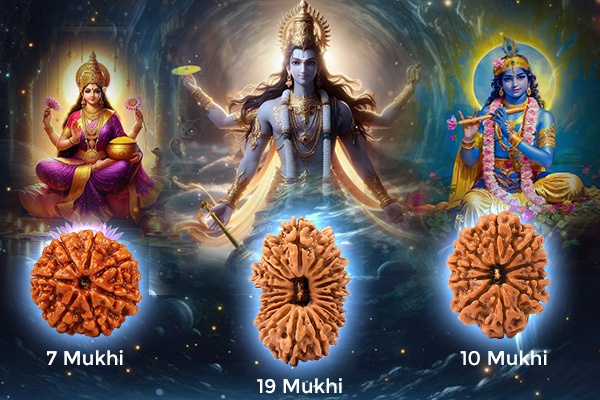
On this day wearing the Ten Mukhi, a Seven Mukhi or a Nineteen Mukhi Rudraksha beads for they are ruled by Shri Krishna, Devi Lakshmi and Narayana, respectively is highly beneficial. These Rudrakshas purify the inner self and strengthen will power.
You can purchase prime quality Rudraksh from Rudra Centre from the given link:
Click Here to Buy Ten Mukhi Rudraksha
Click Here to Buy Seven Mukhi Rudraksha
Click Here to Buy Nineteen Mukhi Rudraksha
Devshayani Ekadashi Vrat Katha (Fast Story)
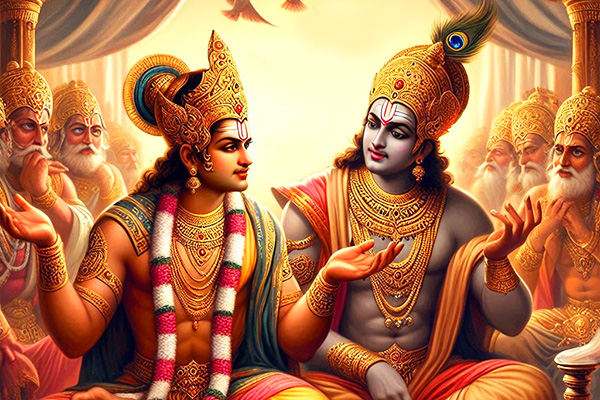
The Devshayani Ekadashi vrat Katha is from the Bhavishya-Uttara Purana. Bhagwan Sri Krishna lovingly narrates the Devshayani Gyaras/Ekadashi vrat Katha to King Yudhishthira. Shri Krishna says that the Devshayani Ekadashi story was told by Lord Brahma to His son, Narad Muni when He asked about this Ekadashi.
King Mandhata was a Suryavanshi who was pure, religious, understanding, caring about all the people in his kingdom and was an efficient King. King Mandhata was blessed with a kingdom of wealthy citizens and there were also no diseases, drought or such other things in the kingdom.
However, King Mandhata's kingdom was once afflicted with a severe drought of three years. The citizens were in a miserable state with no crops or food grains. Performing a ritual of sacrifice to bring in the rain was also not possible.
The citizens approached their kind King, expressed grievances and asked him for help. The situation was upsetting for King Mandhata, and he set out in search of a wise Sage who would be able to guide him to a solution. While wandering across the forests in search, he met Rishi Angira, the great sage. The King asked Rishi Angira for a solution to the dismal situation in his kingdom. He also asked Angira Rishi why such a drought has taken place in his kingdom even though he was following the Vedic way of life, was religious and so were the subjects of his kingdom.
Sage Angira told King Mandhata that penance and austerities in the Satya Yuga were allowed to be performed by twice-born Brahmins and that the cause of the terrible draught is a Sudra (person not initiated) who is performing some penance which was unlawful. Angira Rishi advises the king to find Sudra and punish him with death.
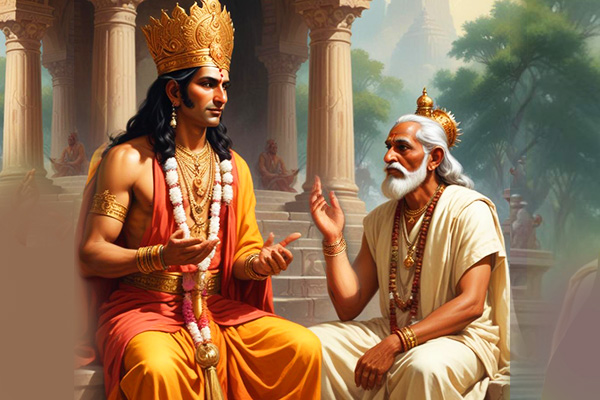
However, King Mandhata refused to do so saying he is a Vishnu Bhakt (devotee) and everyone in his kingdom is Harijan (child of Hari/Vishnu) including himself and that he will not kill an innocent person who was not at fault in performing penance and requested the Rishi Angira for a religious solution. The great Sage told the King to observe fast on Devshayani Ekadashi by following all the rules, which will please Bhagwan Vishnu who will bless with rain in his kingdom to put an end to the drought. Sage Angira also told King Mandhata to ask all the citizens of his kingdom to observe the Devshayani Ekadashi vrat/fast.
King Mandhata was happy to get a solution and he and the people of his kingdom observed the Devshayani Ekadashi vrat strictly and by the grace of Bhagwan Vishnu, it rained sufficiently bringing back happiness to King Mandhata's kingdom. On Devshayani Ekadashi devotees wish each other with the greeting, Happy Devshayani Ekadashi.
Fasting Rules Of Devshayani Ekadashi:
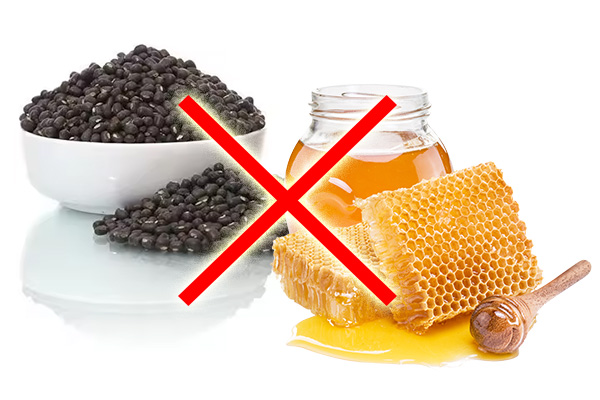
As per specifications in the ancient texts, to get the benefits of the fasting on Ekadashi the person should adhere to the rules strictly.
- The devotee observing fast should have a bath on the morning of Devshayani Ekadashi.
- Beans and grains are prohibited to eat on Ekadashi.
- The killing of any animal is prohibited on this day for the devotee.
- Sleeping during the day is not allowed on Ekadashi and the next day is on Dvadashi.
- The devotee keeping fast should not meet or interact with any cheats, frauds or people involved in any nefarious activity. The scriptures even say that if by chance the devotee comes into proximity of such a person then one should purify by standing under the sun and looking directly at it.
- Abstinence from sex, gambling on Ekadashi and Dwadashi.
- On Dwadashi (the day after Ekadashi), devotees are not to eat in another person's house, have only one meal, Honey and Urad-dal (black lentil) is not to be consumed, eating on Bell metal plate or cutlery is prohibited and should not massage oil on the body. As per the ancient text, if the devotee has to speak to a person from the lower caste, then he/she will have to purify himself by eating Tulsi leaves or an Amalaki fruit.
- If due to any reason the devotee is not able to break the fast on the next day, then he/she should have water to signify the completion of the fast and later have food when convenient.
Food items to be strictly avoided:
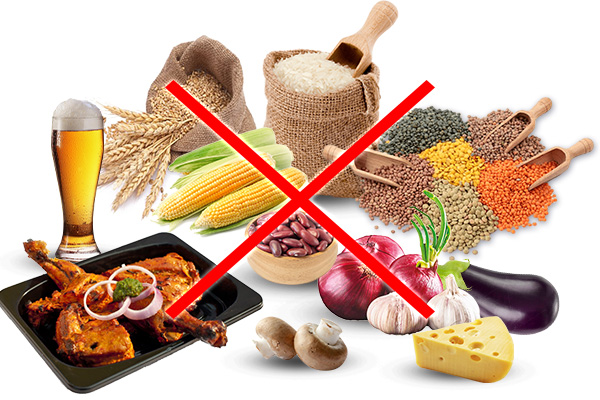
During Devshayani Ekadashi fast, devotees typically cease from consuming grains, lentils, certain vegetables, and specific spices. Here are some food items that are usually avoided during this fast:
- Grains: Wheat, rice, barley, corn, millet, etc. are avoided as they are grains.
- Lentils and Legumes: Beans, chickpeas, lentils, peas, etc. are avoided due to their grain-like properties.
- Onions and Garlic: These are believed to increase urges and therefore are generally avoided during Ekadashi fasting.
- Brinjal (Eggplant): Some people avoid brinjal as it is believed to be tamasic (having qualities of passivity).
- Mushrooms: Similarly, mushrooms are considered tamasic and are avoided by some during Ekadashi fasting.
- Hing (Asafoetida): Some people avoid “hing” as it is believed to disturb the purity of the mind during fasting.
- Non-vegetarian Food: All forms of meat, fish, and eggs are avoided during the fast.
- Alcohol and Stimulants: Consumption of alcohol and stimulants like caffeine is prohibited during Ekadashi fasting.
- Fermented Foods: Fermented foods like yogurt, cheese, and vinegar are often avoided.
- Processed Foods: Packaged and processed foods containing additives, preservatives, and artificial flavors are generally avoided as they are considered impure.
Devotees usually settle for a simple diet consisting of fruits, nuts, milk products, root vegetables (like potatoes), and specific types of flours (such as water chestnut flour or Singhara flour) to prepare dishes. However, dietary preferences may vary based on regional customs and personal beliefs. It's necessary for individuals observing the fast to cohere to the guidelines prescribed by their tradition or spiritual beliefs.
Devshayani Ekadashi Special Pujas:
Performing Lord Vitthal Puja On Devshayani Ekadashi:
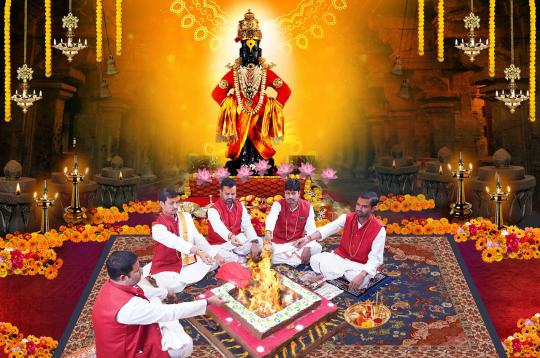
In Maharashtra (India), Lord Vitthala/Vitthal is popular and is specially worshipped on this holy day of Devshayani Ekadashi. Shri Vitthala is a manifestation of the supreme God Vishnu and revered as Vithoba and Panduranga. The puja includes Kalash Sthapana, Panchang Sthapana, 64 Devshayani Pujan, Shetrapal Pujan, Swasti Vachan, Sankalpa, Ganesh Pujan and Abhishek, Lord Vitthal Puja, Lord Vitthal Mantra Japa, Homa, Aarti and Pushpanjali. Worshipping Lord Vitthala on Devshayani Ekadashi helps to garner the blessings of the Lord.
Benefits of Lord Vitthala Puja:-
- Blessings of good health, wealth, success and prosperity
- Lord Vithoba's unique blessings
Performing Vishnu Sahasranama Puja
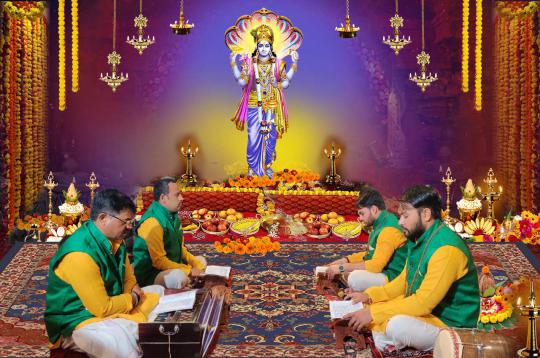
On Devshayani Ekadashi, it is recommended to get qualified Brahmins to chant/sing the one thousand names of Vishnu which is called Vishnu Sahasranama. Chanting the Vishnu Sahasranama on this day creates positive, high-frequency energies which bless the devotee abundantly. Legend says that in the renowned Epic Mahabharata, Bhishma Pitamaha had taught the Vishnu Sahasranama to King Yudhishthira. The ' Anushasanika Parvam’, chapter 149 of the Mahabharata, contains these hymns of glory to Lord Vishnu.
Benefits of this puja:
- Best for those seeking to build wealth and double their investment
- Gives success at personal and professional levels
- Grace of Lord Vishnu and Goddess Lakshmi
- Removes inauspiciousness from your home
Devshayani Ekadashi “Daan” (Donation):
.jpg)
Donation on Devshayani Ekadashi is considered highly auspicious and commendable. Here are some suggested items to donate on this sacred day:
Food items:
- Rice, wheat, and other grains.
- Fruits and vegetables.
- Cooked meals to the needy and hungry.
Click Here to Book Food Donation (Ann Daan)
Clothing:
- New clothes for the poor and underprivileged.
- Warm clothes, blankets, and shawls, especially in cold areas or winter seasons.
Click Here to Book Clothes Donation (Vastra Daan)
Donating Money:
- Financial donations to temples, charitable organisations, or directly to those in need.
- Supporting the education of underprivileged children by donating to schools or educational charities.
Religious Items:
- Books on spirituality and religious scriptures.
- Items used in worship like incense sticks, diyas (lamps).
Shelter and Support:
- Donating to shelters for the homeless or animal shelters.
- Contributing to the construction of schools, hospitals, and community centres.
Cows and Animal Care:
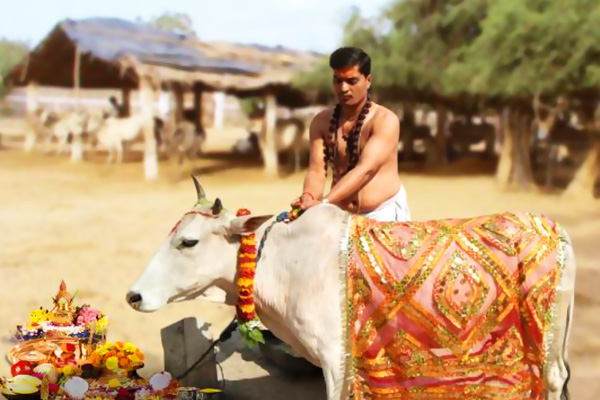
Click Here to Book Cow Donation (Gau Daan)
- Donating to goshala (cow shelters) or animal welfare organisations.
- Providing food & fodder and other essentials for animals.
While making donations, it's important to do so with a pure heart and the intent to help and uplift others. This selfless act of charity not only benefits the recipients but also brings spiritual merit to the donor. Observing these practices on Devshayani Ekadashi is believed to cleanse one's soul, remove past sins, and attract divine blessings.

-in-Astrology.jpg)
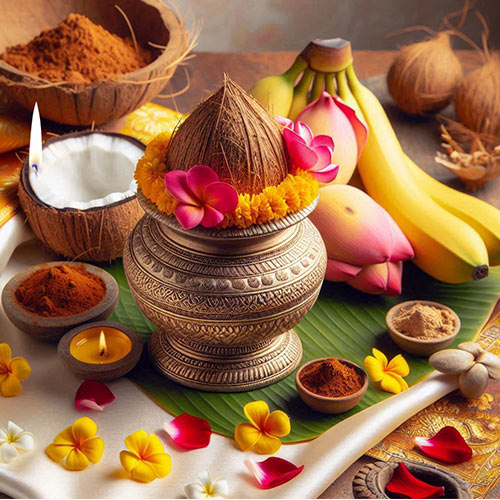
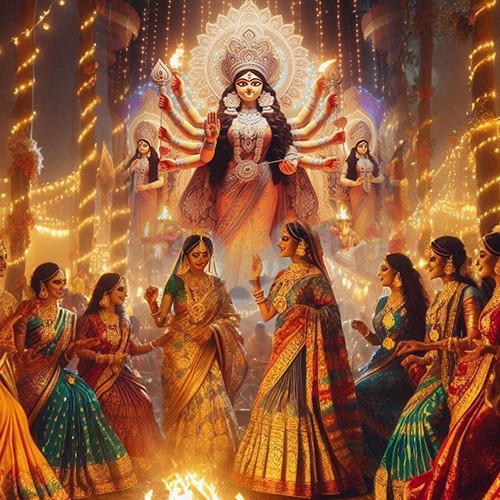
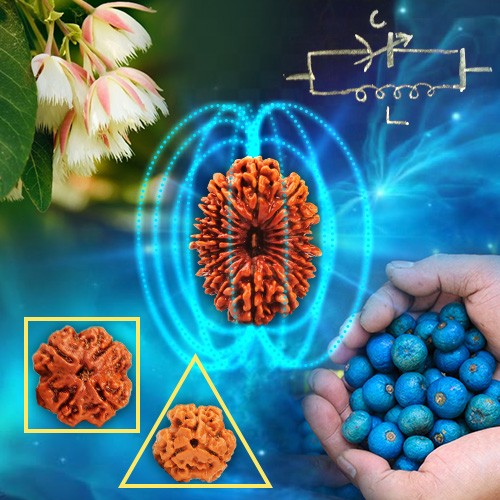


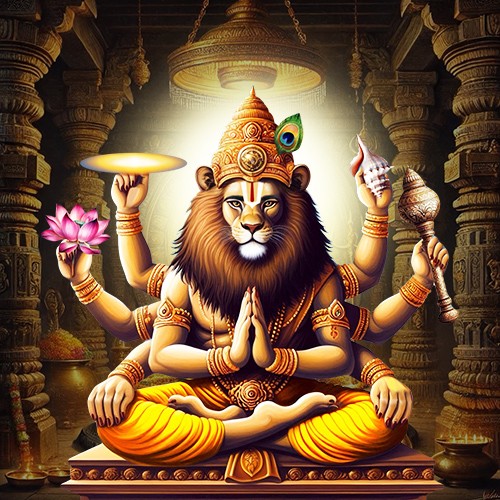
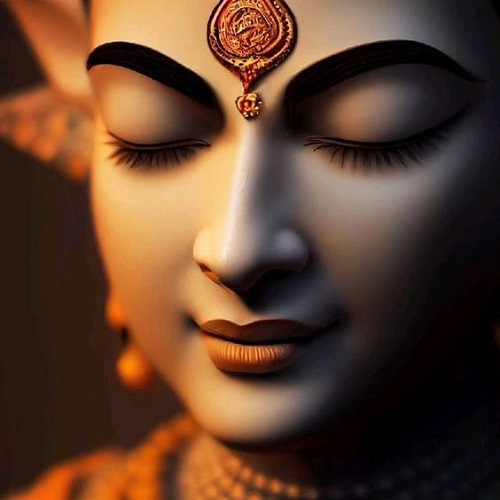
.jpg)
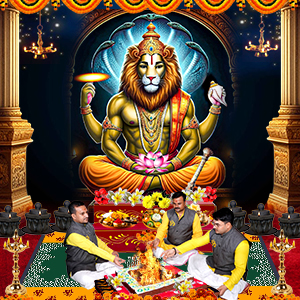
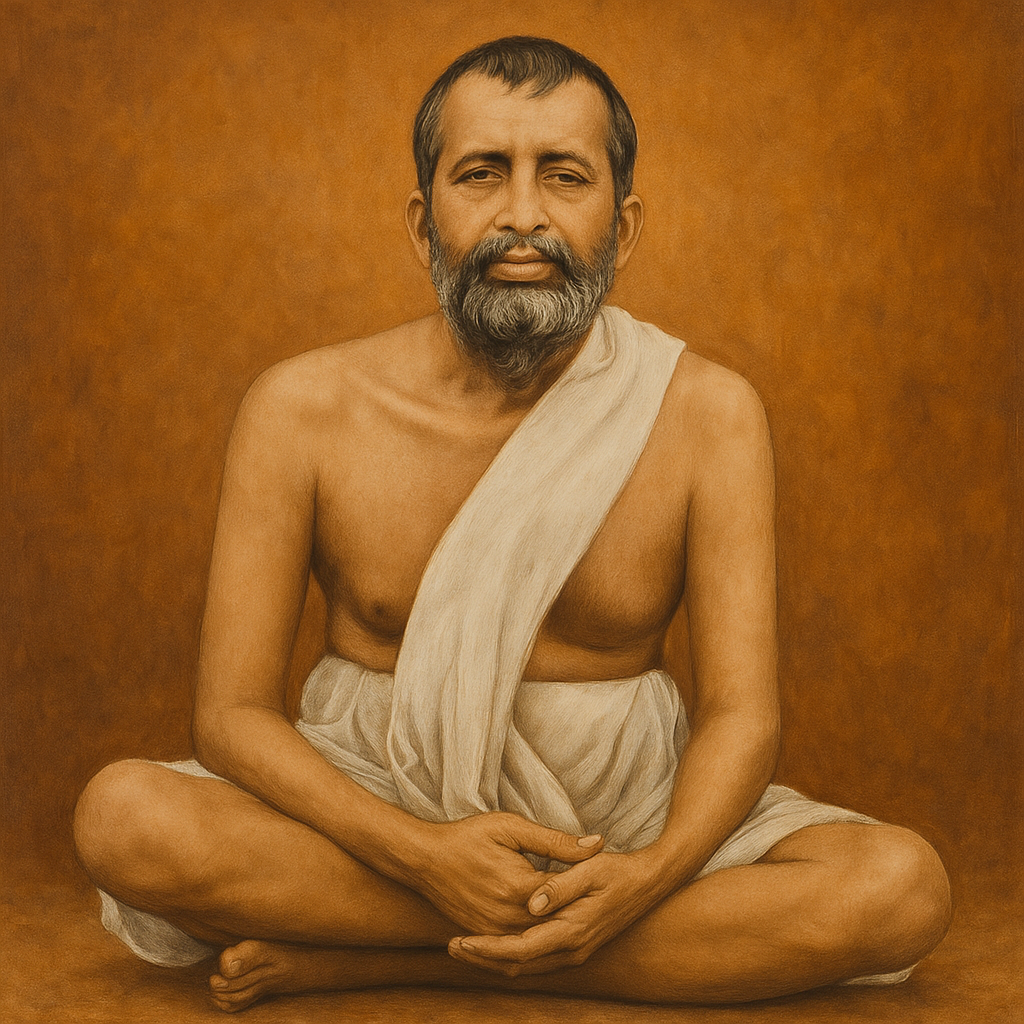
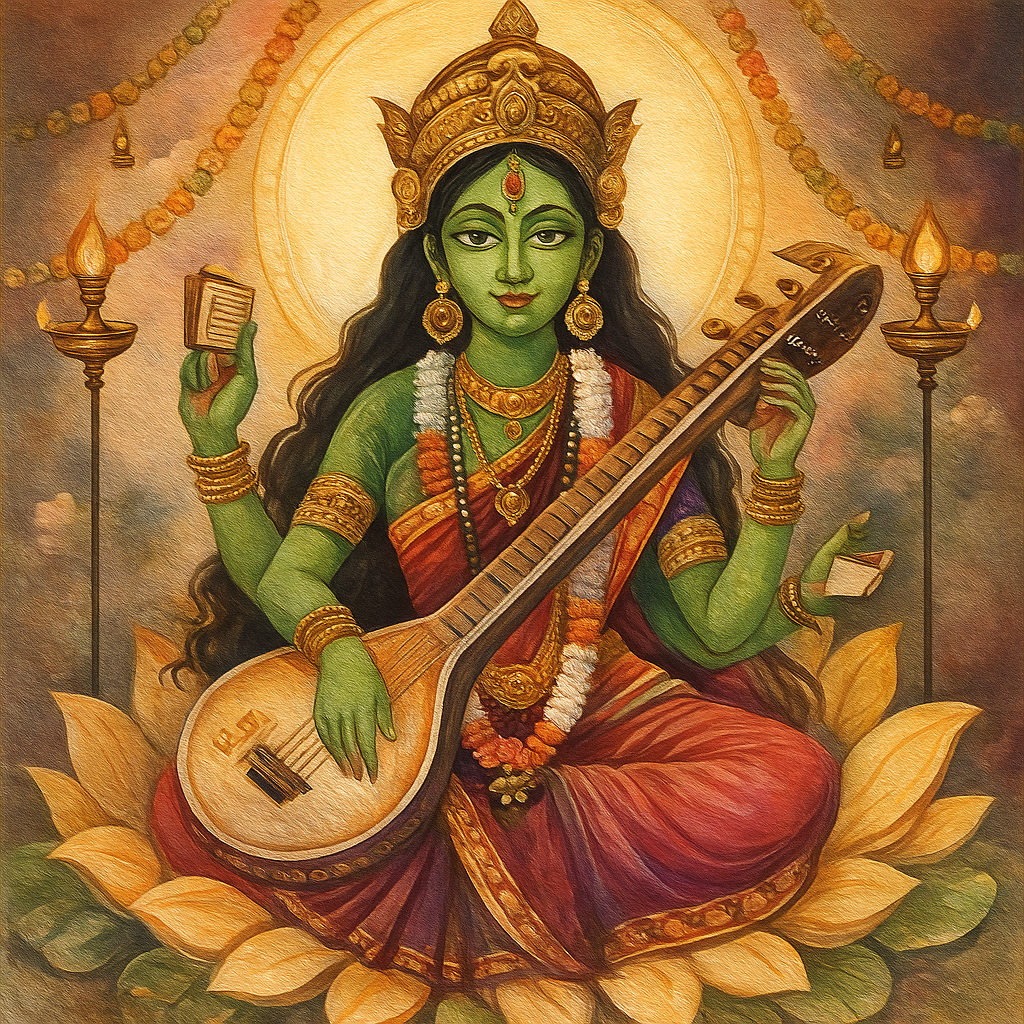
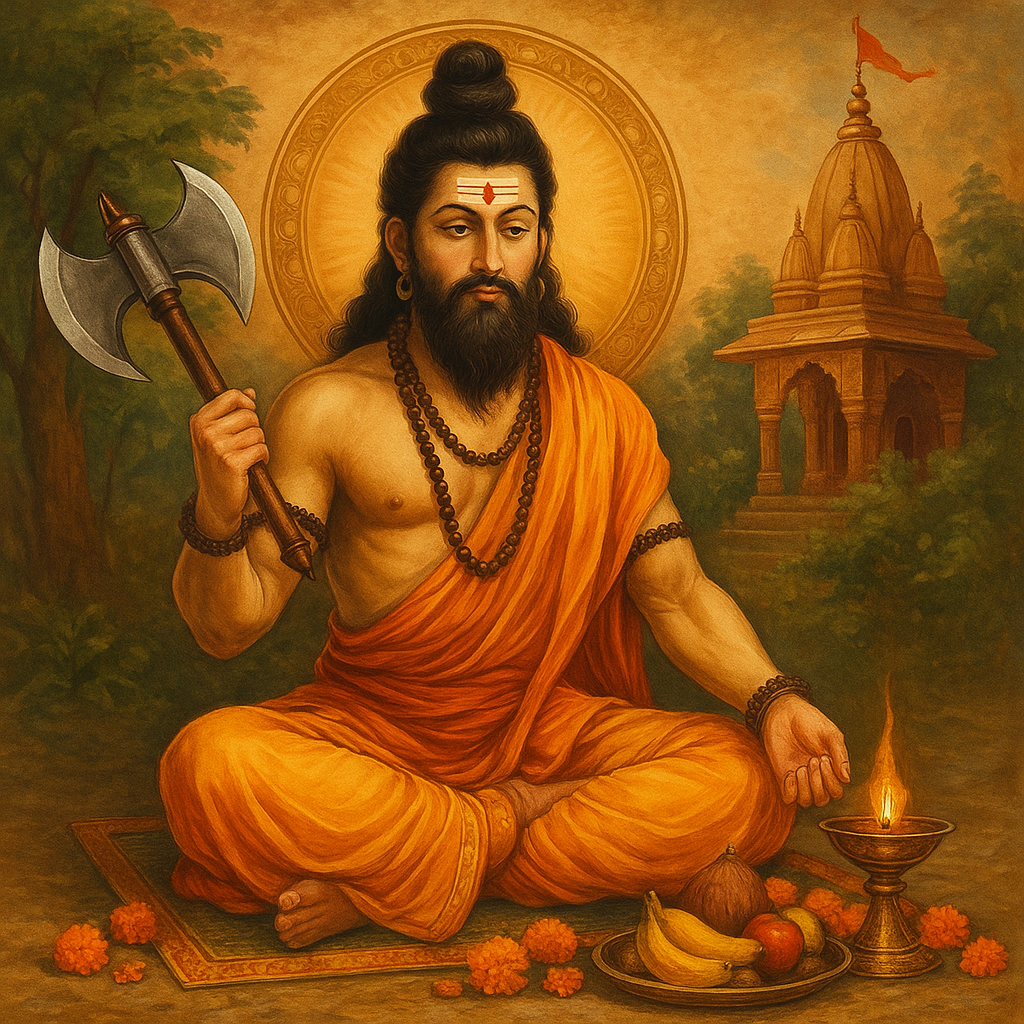
Comments 0
Leave your thought here